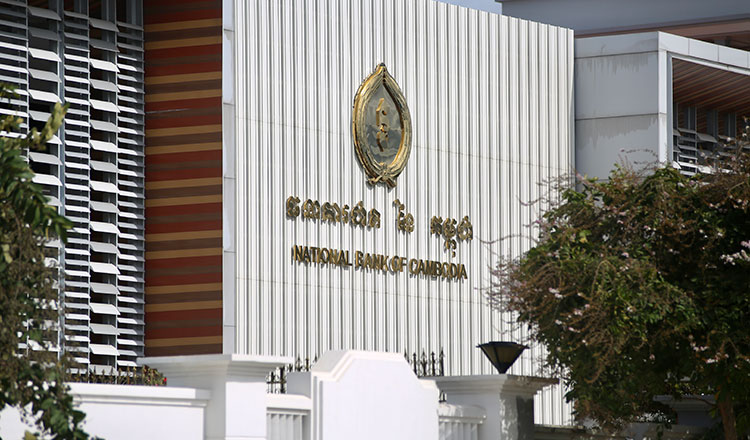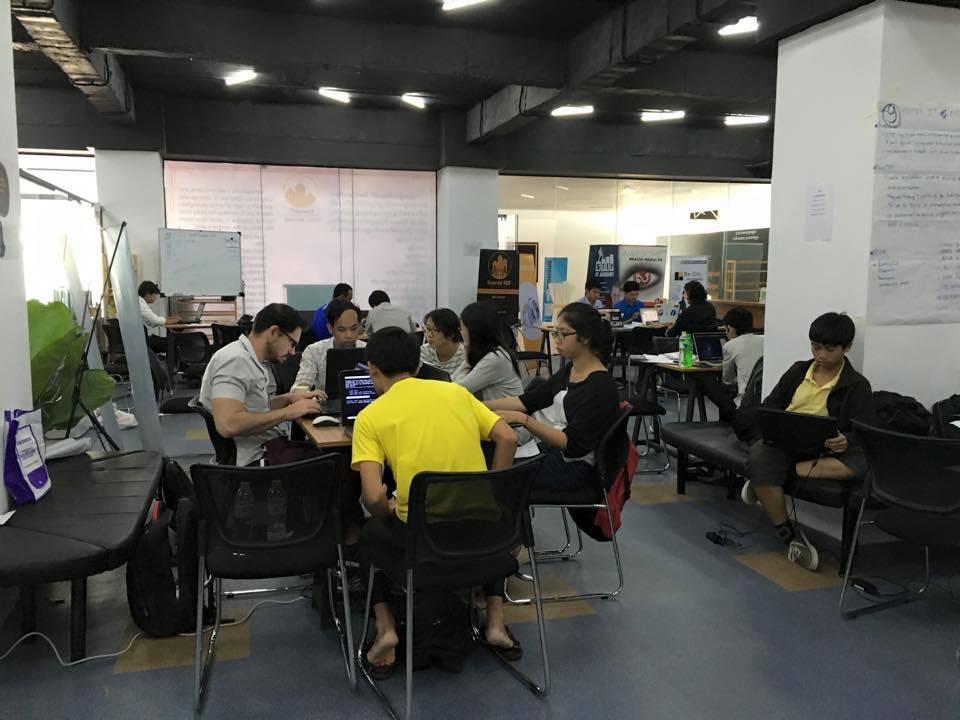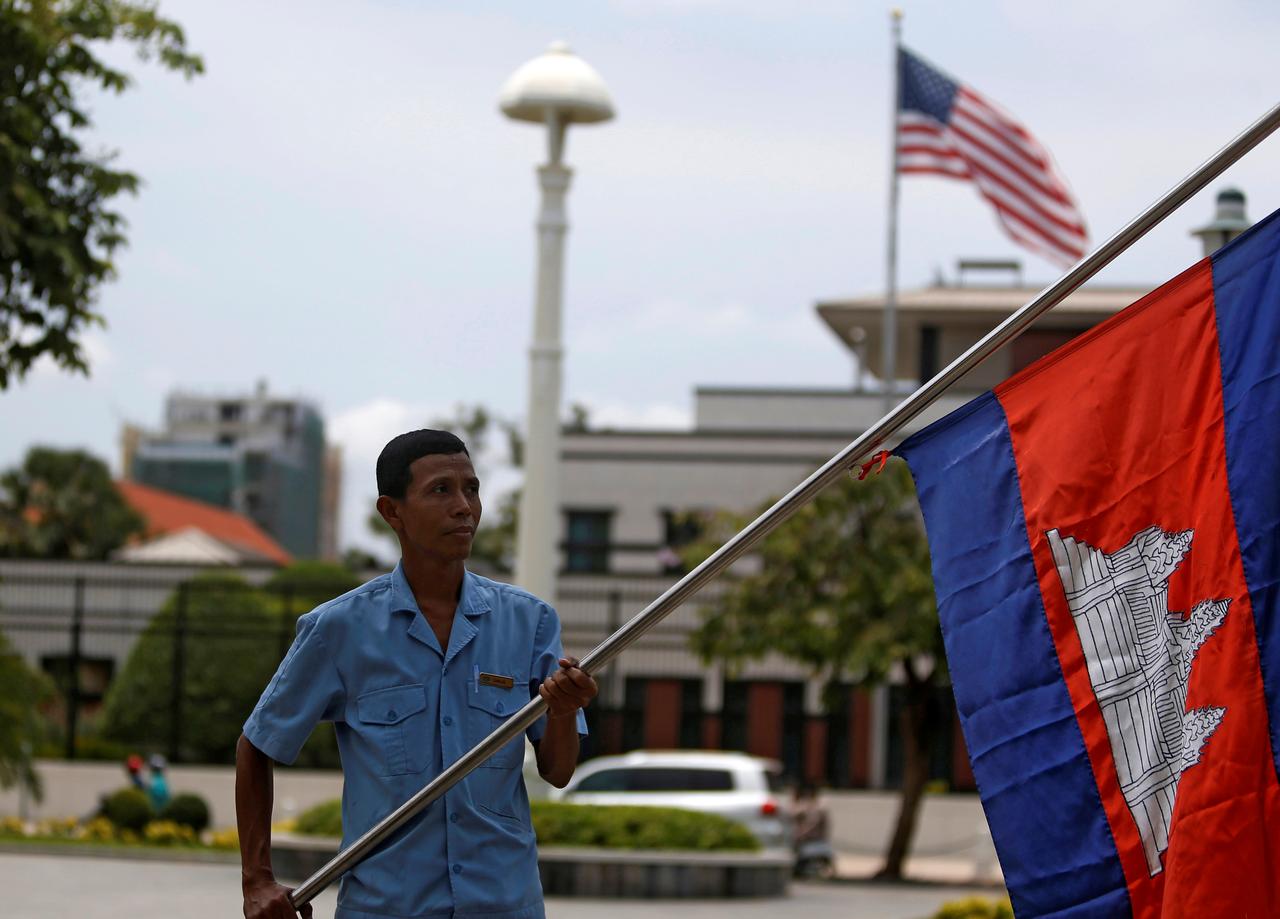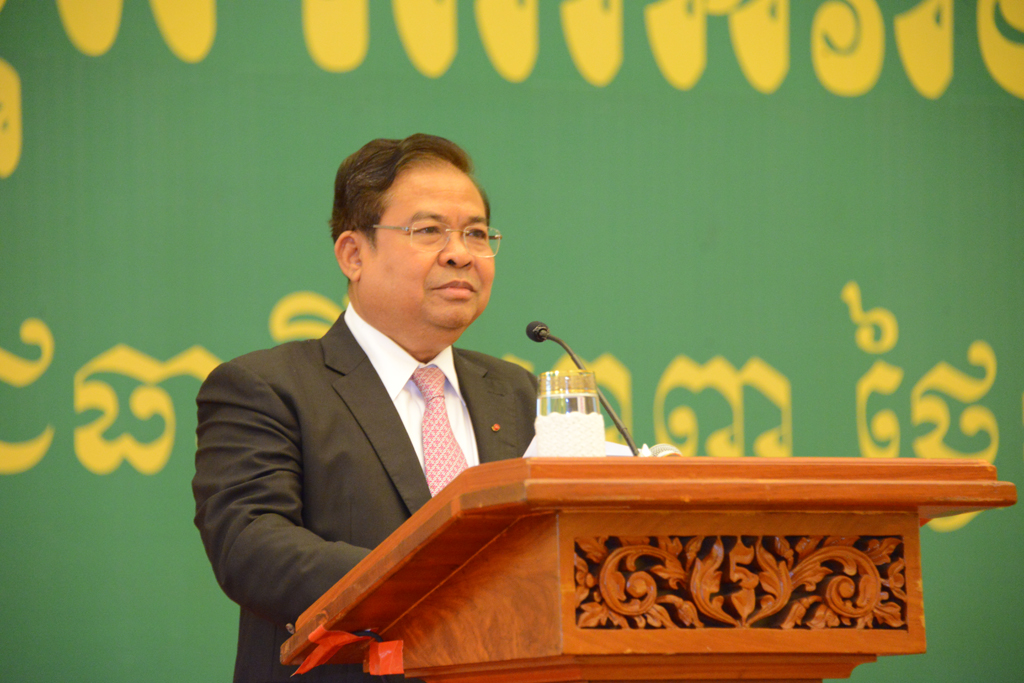Cambodia’s banking system remains resilient, progressive, NBC says
Cambodia’s banking system remains resilient and progressive, despite having faced global crises. In 2024, credit in the banking sector increased by 3 percent, reaching 242.9 trillion riels, or approximately $59.9 billion, according to the National Bank of Cambodia’s (NBC) annual report, released recently.
Regarding funding sources, deposits rose by 16.3 percent to 230.9 trillion riels, or $57 billion, while capital grew by 5.2 percent to 40.5 trillion riels, or $10 billion, the report said.
The banking system in Cambodia comprises 59 commercial banks, 9 specialized banks, 4 deposit-taking microfinance institutions, 85 non-deposit-taking microfinance institutions, 114 rural credit institutions, 13 financial leasing institutions, 4 third-party processors, 30 payment service providers, 1 credit information sharing system provider, 5 foreign bank representative offices, and 3,327 foreign exchange businesses, it added.
The banking system’s assets grew by 7 percent to reach 369.4 trillion riels or $91.1 billion, with the banking sector accounting for 93.2 percent of the total assets, the microfinance sector contributing 6.4 percent, and the financial leasing sector making up 0.4 percent.
Chea Serey, Governor of NBC, in the report stated that over the past two decades, NBC and the country’s banking system have undergone significant reforms and modernization in line with international standards. These changes have strengthened the foundation for maintaining financial stability, supporting growth, and withstanding shocks.
“The banking system has proven resilient and progressive, even amid the recent global crisis. Despite low credit growth over the past two years, NBC has continued to introduce necessary accommodative measures.
“These measures include fully easing the implementation of capital buffers and maintaining the reserve requirement ratio at a low level until the end of 2025.
“This approach allows banking and financial institutions to maintain high liquidity, provide credit, and restructure loans to customers, thereby supporting businesses and alleviating the burden on individuals facing temporary difficulties in repaying their debts,” Serey said.
In the context of high global economic uncertainty, NBC has strengthened its monitoring and risk assessment of the banking system’s stability. It has also enhanced its supervision of the soundness of individual banking and financial institutions. At the same time, the integration of banking and financial institutions has been encouraged to strengthen business resilience.
Additionally, consultations with stakeholders have been held to gather comprehensive inputs for developing specific micro and macroprudential measures aimed at managing risks and preventing crises.
It is important to note that the development of Cambodia’s economic and financial sectors has increased the interconnectedness between the physical and financial sectors. This interconnectedness requires the participation of all stakeholders to strengthen risk management mechanisms and more effectively prevent and resolve crises.
“To further enhance the resilience of the banking system and contribute to the Royal Government’s strategy for developing the informal economy, NBC has encouraged banking and financial institutions to open accounts and provide payment services for micro, small, and medium enterprises (MSMEs) and self-employed individuals,” Serey said.
Meanwhile, the Financial Transparency Corridor (FTC) has been developed to provide digital infrastructure for establishing advance agreements between banking and financial institutions in Cambodia and partner countries, the NBC Governor said.
“The goal is to facilitate cross-border trade and financial services for MSMEs.
“This corridor enables MSMEs to match supply with demand and expand market reach, while also allowing banking and financial institutions to assess cross-border financing for MSMEs using information gathered from institutions in partner countries,” she said.
Rath Sophoan, Chairman of the Association of Banks in Cambodia said under the wise and visionary leadership of Prime Minister Hun Manet, and the highly energetic and forward-looking leadership of Chea Serey, NBC, the banking and financial sector has demonstrated a crucial role and resiliency to support and drive the economic growth.
Ky Sereyvath, an economic researcher at the Royal Academy of Cambodia (RAC), recently stated that while Cambodia’s private debt rate remains below the global red line, addressing informal loans and improving credit data accuracy could enhance financial transparency and stability.
“Currently, informal loans are still a problem because they are not recorded in the CBC system,” Sereyvath said.
“Cambodia’s debt pressure relative to Gross Domestic Product (GDP) does not appear to be a concern, especially considering that global debt accounts for 146 percent of global GDP.
Thus, Cambodia’s private debt remains below the global red line,” he added.







